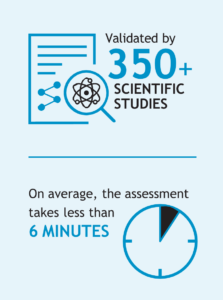How do we make artificial intelligence (AI) safe for healthcare?
Amit Bansal, the CEO and founder of DIYA health, started asking these questions on a journey that began with a personal story when his father had suffered a stroke. Amit’s father who had been between India and the US, had to try and pull a team together from two different countries which was a murderous task. Communication between patients, family, providers and doctors in a disjointed care delivery model, where cost was high, quality questionable and availability was scarce, this is the problem that the founder of Diya and his team wanted to help solve from delivery to scalability and HIPPA compliance.
A question I initially asked about this type of AI innovation to healthcare was, how is a group like Diya different from using Chat GPT and Google translation services?
Diya, which was founded in 2018 focusing on Integrated solutions that were built over the years with clinical workflow integration, and in 2023, seeing how AI had evolved, and how it could be applied for interpretation and translation services, Diya took a pivot in direction, incorporating as a focus: AI speech services, and AI translators. It works as an aggregator for bringing together AI innovations that helps clinicians and brings them to the doorstep of direct care where each person in the process whether patient, clinician, physician, family member, etc. can be integrated into the communication.
I included the video of Amit discussing more of the process and technical aspects of the AI, and if you’re a beginner in your understanding level or an expert with how AI is being applied to healthcare solutions, this presentation content is fascinating.
Ensuring AI safety in healthcare involves several key considerations and approaches:
- Ethical Frameworks: Establishing clear ethical guidelines and frameworks for the development and deployment of AI in healthcare is essential. This includes principles such as transparency, accountability, fairness, privacy, and equity.
- Data Privacy and Security: Implementing robust data privacy and security measures to protect sensitive patient information is critical. This involves adhering to regulations such as HIPAA (in the United States) and GDPR (in the European Union) and employing encryption, access controls, and secure data storage practices.
- Algorithm Transparency and Interpretability: Making AI algorithms transparent and interpretable is essential for clinicians and patients to understand how decisions are made. This can help build trust in AI systems and enable clinicians to validate and interpret AI-generated recommendations.
- Bias Detection and Mitigation: Identifying and mitigating biases in AI algorithms is crucial to ensure fair and equitable healthcare outcomes. This involves analyzing training data for biases, implementing bias detection tools, and employing techniques such as algorithmic fairness to mitigate biases in AI systems.
- Regulatory Oversight: Implementing regulatory oversight and standards for AI in healthcare can help ensure compliance with safety and efficacy requirements. Regulatory agencies play a vital role in evaluating and approving AI-based healthcare technologies and monitoring their ongoing performance.
- Clinician Training and Collaboration: Providing training to healthcare professionals on how to effectively use AI tools and collaborate with AI systems is essential. Clinicians should understand the strengths, limitations, and potential risks of AI technologies to make informed decisions and provide high-quality patient care.
- Continuous Monitoring and Evaluation: Ongoing monitoring and evaluation of AI systems in real-world healthcare settings are necessary to identify and address safety issues, performance degradation, and unintended consequences. This involves collecting feedback from clinicians and patients, conducting post-market surveillance, and iterating AI algorithms based on real-world data and experiences.
By addressing these considerations and adopting a multidisciplinary approach that involves collaboration between healthcare professionals, AI researchers, policymakers, and regulatory agencies, we can work towards ensuring the safe and responsible use of AI in healthcare.
Want to optimize your business strategy?
Schedule a discovery meeting with Sixth Sense Solutions today. Call us at 949-241-6690, or you can reach our team via email at [email protected]
Want meaningful insights about you and your leadership style? (Click here)


